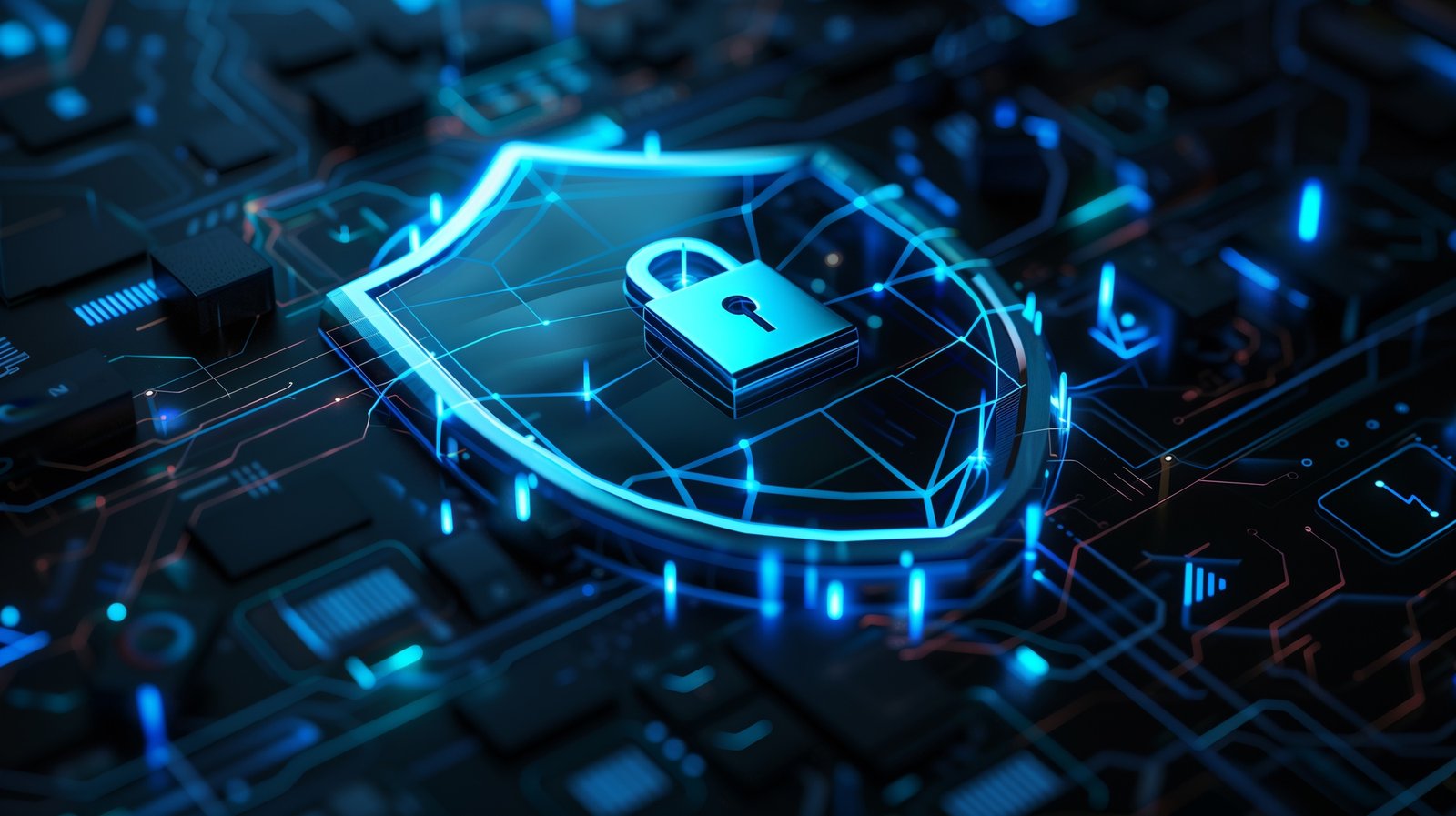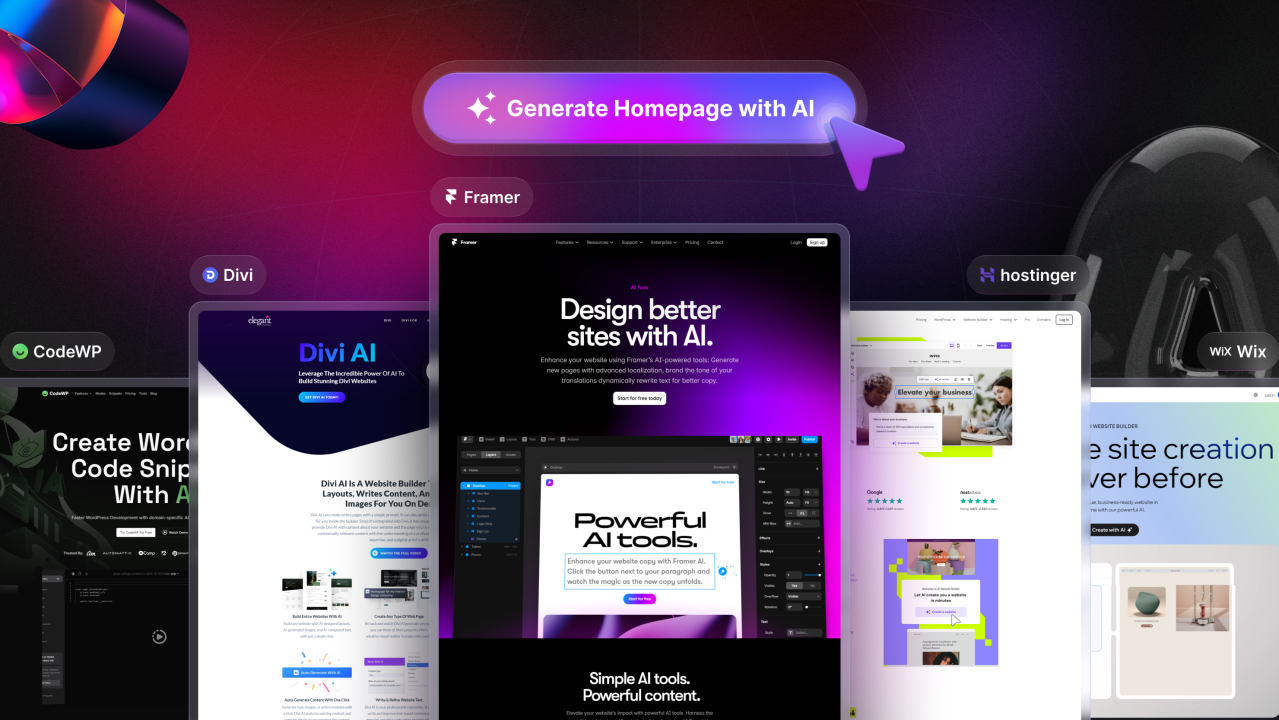Introduction
The software industry is evolving at an unprecedented pace, driven by advancements in artificial intelligence, cloud computing, and emerging technologies. As we look ahead to 2025, it’s clear that the way we develop, deploy, and interact with software will undergo significant transformations. In this blog, we’ll explore the key trends shaping the future of software development and what they mean for developers, businesses, and end-users.
1. AI-First Development Takes Center Stage
By 2025, AI will no longer be just a tool—it will be the foundation of software development. AI-powered tools will dominate the development lifecycle, from code generation and testing to deployment and maintenance.
-
Hyper-Personalized Coding Assistants: AI tools will adapt to individual developers’ coding styles, offering tailored suggestions and automating repetitive tasks.
-
Self-Healing Code: AI will identify and fix bugs in real-time, reducing downtime and improving software reliability.
-
AI-Driven UX Design: AI will analyze user behavior to create intuitive and personalized user interfaces.
2. The Rise of Quantum Computing in Software Development
Quantum computing, though still in its infancy, is expected to make significant strides by 2025. Developers will begin experimenting with quantum algorithms and frameworks to solve complex problems that are currently impossible for classical computers.
-
Quantum Software Development Kits (SDKs): Companies like IBM, Google, and Microsoft will release more accessible quantum SDKs, enabling developers to explore quantum computing.
-
Hybrid Quantum-Classical Applications: Developers will build applications that leverage both classical and quantum computing for tasks like optimization, cryptography, and simulations.
3. Low-Code/No-Code Platforms Become Mainstream
By 2025, low-code and no-code platforms will empower non-developers to create sophisticated applications. These platforms will integrate AI and automation, making software development accessible to everyone.
-
Citizen Developers: Business analysts, designers, and other non-technical professionals will build custom applications without writing a single line of code.
-
AI-Powered No-Code Tools: AI will enhance no-code platforms by automating complex workflows and providing intelligent design suggestions.
4. Edge Computing Redefines Software Deployment
As the Internet of Things (IoT) expands, edge computing will become a critical component of software architecture. By 2025, more applications will be deployed at the edge to reduce latency and improve performance.
-
Edge AI: AI models will run directly on edge devices, enabling real-time decision-making without relying on cloud servers.
-
Distributed Cloud Systems: Hybrid cloud-edge architectures will become the norm, allowing seamless data processing across devices and data centers.
5. Ethical AI and Responsible Development
As AI becomes more integrated into software, ethical considerations will take center stage. By 2025, developers and organizations will prioritize transparency, fairness, and accountability in AI-driven systems.
-
Explainable AI (XAI): Tools will emerge to help developers understand and explain how AI models make decisions.
-
AI Governance Frameworks: Governments and organizations will establish regulations to ensure ethical AI development and deployment.
6. Immersive Development with AR/VR
Augmented reality (AR) and virtual reality (VR) will transform how developers collaborate and build software.
-
Virtual Coding Environments: Developers will use VR headsets to code in immersive, 3D environments.
-
AR-Assisted Debugging: AR tools will overlay code and system diagnostics in real-world settings, making debugging more intuitive.
7. Sustainability in Software Development
By 2025, sustainability will become a key focus in software development. Developers will prioritize energy-efficient coding practices and eco-friendly infrastructure.
-
Green Coding: Developers will adopt practices that minimize energy consumption, such as optimizing algorithms and reducing resource usage.
-
Carbon-Neutral Cloud Services: Cloud providers will offer carbon-neutral hosting options, enabling businesses to reduce their environmental impact.
8. Decentralized Applications (dApps) and Web3
The Web3 ecosystem, powered by blockchain technology, will gain traction by 2025. Decentralized applications (dApps) will redefine how we interact with the internet.
-
Smart Contract Development: Developers will build dApps using smart contracts for industries like finance, healthcare, and supply chain.
-
Tokenized Ecosystems: Businesses will create token-based economies to incentivize user participation and engagement.
Conclusion
The software industry in 2025 will be defined by innovation, accessibility, and responsibility. From AI-first development and quantum computing to ethical AI and sustainability, the future is both exciting and challenging. Developers and businesses that embrace these trends will be well-positioned to thrive in the rapidly evolving digital landscape.
Are you ready for the future of software development?




Leave a comments: